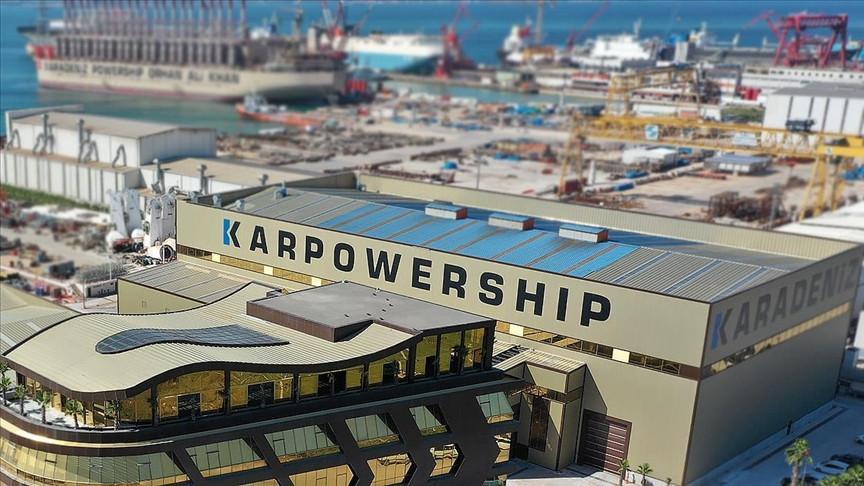Turkey's Karpowership shuts down power to Lebanon
BEIRUT/ISTANBUL-Reuters

Turkey's Karpowership, which provides electricity to Lebanon from two barges, said on May 14 it was shutting down supplies over payment arrears and a legal threat to its vessels amid the country's economic crisis.
The company, which supplies 370 megawatts (MW), or about a quarter of Lebanon's supply, had told the government this week it would have to shut down in the absence of moves towards a settlement.
The shutdown threatens longer daily power cuts across the heavily indebted nation, which did not have enough capacity to meet demand even before Karpowership's move on May 14.
Many people rely on private generators or struggle for several hours a day without power.
In a statement, the company, a unit of Kardeniz, said it was shutting down supplies on May 14. A source familiar with the situation said the step was taken at about 8 a.m. (0500 GMT), as the vessels' fuel had been running down.
The source, speaking on condition of anonymity, said arrears exceeded $100 million, and added that the government had not reached out for talks or to try and resolve a legal case, despite the firm's repeated appeals meant to avert a shutdown.
Lebanon's Finance Ministry said it had been notified by the Turkish firm and cited a lawmaker saying that the country could face "total darkness" in case of a shut-off. It has made no public statement about any talks.
At the weekend, it said it had not been paid for 18 months, a period coinciding with the financial crunch, and added that it sought a "reasonable solution" to maintain generation.
Each of its barges has capacity of 202 MW, against a contract to supply a total of 370 MW.
An industry source said Lebanon's total capacity was about 2,200 MW, including the barges, but was only generating a total of 1,300 MW, including the Turkish supplies of 370 MW. Lebanon's peak demand in 2020 was 3,500 MW, the source said.
















